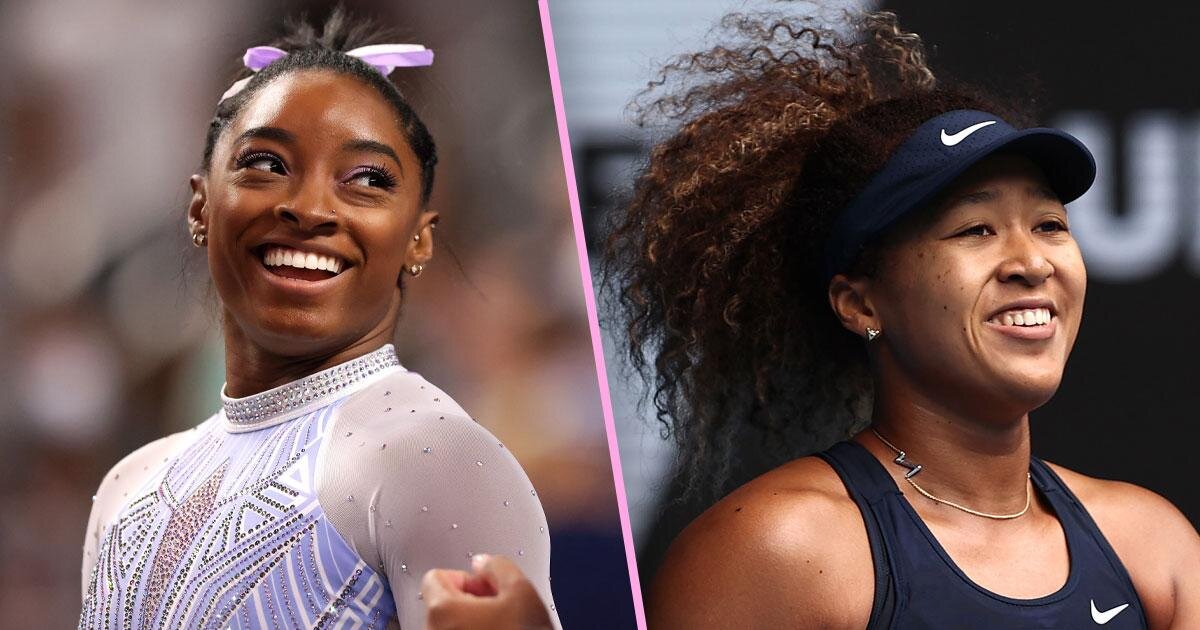Mental Illness and the Elite Athlete

Contrary to belief, the best of the best are still human
UNSCRIPTED
By Keith Edmonds
Of Ink Spot Fort Wayne
A lasting memory of the Tokyo Olympics is the visible way athletes dealt with the “invisible illness”—their mental health.
Olympic and world gymnastic champion Simone Biles stepped away from the competition, a move that drew a mixture of respect and concern as well as contempt. Before the Olympics, tennis phenom Naomi Osaka found herself under so much stress that she temporarily stepped away from the court.
What we should take away from these moments—aberrations, really—are that a “superhuman” body may mask a “broken” spirit.
In a moment when Biles needed our compassion, she was hit with “She’s letting us down.” Texas’ attorney general called her a “national embarrassment,” (a remark that he later recanted). Some gleefully related her break to being “woke” and Black Lives Matter.
In one moment, such remarks explained America’s nationalistic thirst for athletic dominance, its abhorrence of “failure,” its antipathy toward mental illness, and its ongoing racial divide.
As a former athlete, there were times that I felt that I had to reach certain standards that had been set by not only myself, but those that supported, mentored, and worked with me to reach the level of expectations set.
As an athlete, you train and compete for countless hours to reach a level of excellence that you strive to attain which hopefully will satisfy all of the years that you’ve spent to get there. But the question(s) are: Is that enough? Are you trying to satisfy yourself or others that have poured into you financially, physically, and emotionally? Do your performances make you feel a sense of accomplishment or give you a thirst for more success? Where is your endgame? You begin to think if I don’t succeed, who’s going to catch me when I fail and eventually fall?
Michael Phelps, arguably the greatest Olympic swimmer, was a vocal supporter of Biles’ need to step away from the gym. He, too, has dealt with anxiety and depression. He sought professional help and said the decision “helped save my life.”
That wasn’t hyperbole. For Phelps, his mental health had nearly deteriorated to a point of no return.
Athletes are human beings and should be respected as such. Good mental health translates into physical health and performance. Olympic softball star Monica Abbott recently said: “People forget about the day-to-day grind and demands athletics puts on you. All that hype takes a toll on a person. As athletes, we compete at such a high level. We vibrate at such a high energy level, that putting that in on a daily basis, on show for the stage, always being on, it can be difficult.”
This resonated with me big time!
In Tokyo, Team USA’s roster included four mental health professionals—a psychologist, two psychiatrists—as well as a social worker and each sport also had its own dedicated psychologist. Wow, has it really come down to this? Athletes, please understand, being vulnerable at any level is a strength, not a weakness. Get the help that you need so you can be the best version of yourself. Simone Biles sure did and hopefully, there is a lesson to be learned here moving forward.
Everyone has limits. When athletes know their limits, they can act accordingly, perform safely and at their best. That’s when the superstar within shows up, and the only expectations that they have to meet are the ones set for themselves. Simone Biles did complete one final competitive event in the balance beam where she finished with a bronze medal which was her seventh Olympic medal: Four gold, One silver, and Two bronze.
How will her efforts be viewed by her fans and supporters? Only time will tell.
